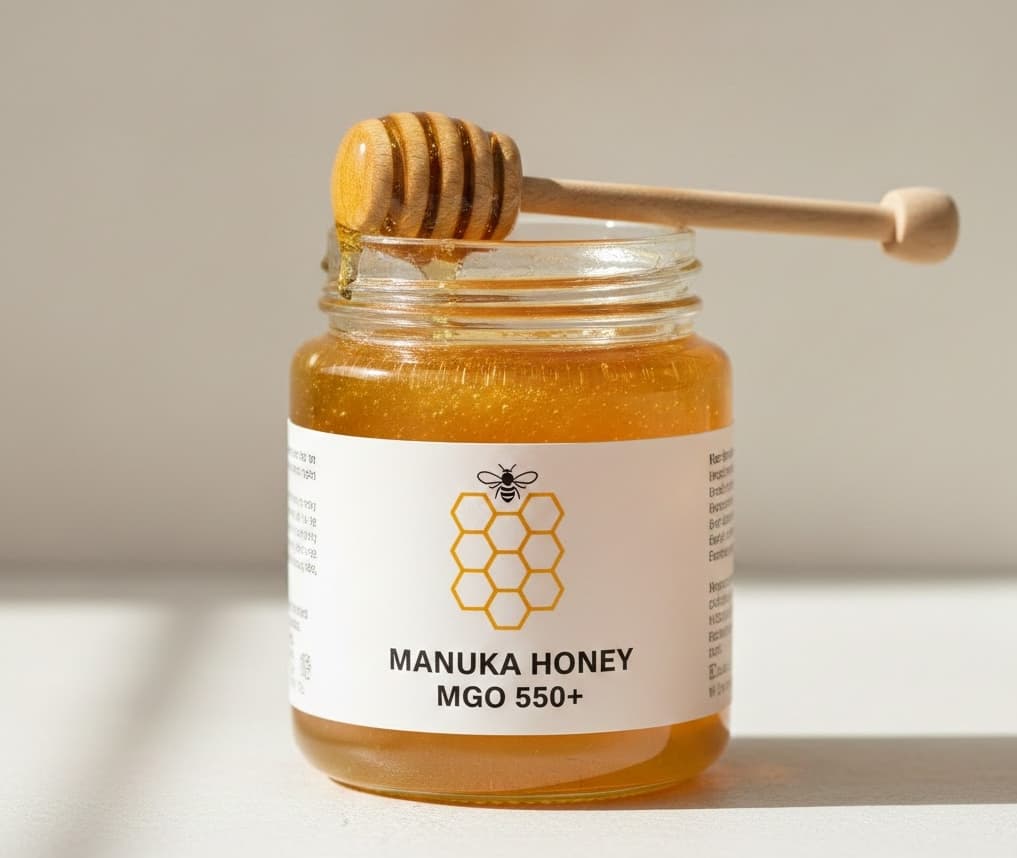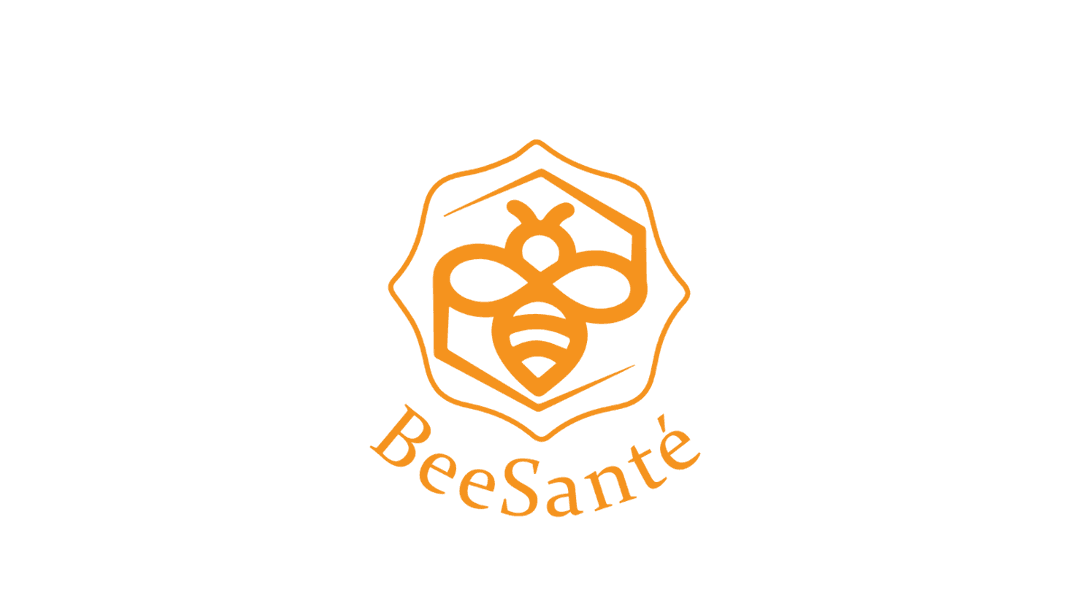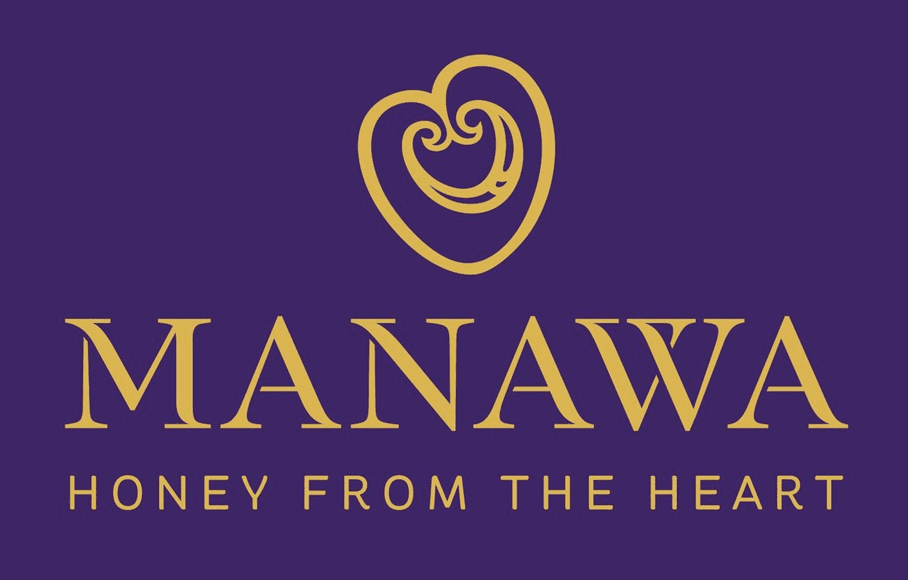Manuka Honey: Nature’s Gold and a Growing Force in Global FMCG
Manuka Honey: Nature’s Gold and a Growing Force in Global FMCG Manuka honey was once a fad health tonic but is now a pantry staple in mere years. Its sweet, caramel-like flavor and word-of-mouth rewards mean food producers, pharmacies, and wellness brands are fighting to get it on everything from breakfast bars to creams. So, what's really behind the spoonful of golden nectar? Let's unpack the buzz, the bucks, and the buzzers—um, buzzards—behind manuka honey's ascendance.

200+ buyers trust Torg for sourcing


What Sets Manuka Honey Apart
When you grab a jar of manuka honey, you'll see things like MGO and UMF. MGO is short for methylglyoxal, the compound that provides manuka with its antibacterial boost—higher is better. UMF, or Unique Manuka Factor, is a broader quality test. It considers MGO in combination with other markers to ensure you're not getting a fake manuka product.
True manuka honey suppliers make sure that the honey is produced only by bees that fly to the New Zealand native and Australian wild manuka bush. That very connection between plant and land is what makes it taste distinctive and have the health benefits it does.
New Zealand takes manuka honey seriously—and for good reason. To protect its authenticity, every batch intended for export must pass strict testing under the Manuka Attributes framework, regulated by New Zealand's Ministry for Primary Industries (NZMPI).
These tests, conducted by independent laboratories, confirm that the honey truly qualifies as manuka. On top of that, the UMF Honey Association (UMFHA) oversees the UMF rating system. Only New Zealand–owned honey companies can hold a UMF licence, and each batch must meet exact standards to carry a label like “UMF 10+.” That way, when you see that rating, you can trust exactly what’s in the jar.
Global Demand and Premium Pricing
Where once it was restricted to specialist health shops, manuka honey now adorns supermarket shelves, internet pharmacies, and even hotel minibars. Export numbers continue to rise—New Zealand alone exported more than NZD 300 million worth last year. It's not just being purchased for toast; it's being used in smoothies, face masks, and even gut health supplements.
The wellness world has embraced manuka honey for its soothing qualities, and pharmacies sell it as medical-grade wound care. Functional-food brands mix it into protein bars and snack bites. All this demand has driven prices through the roof—Jar sizes that once cost USD 20 now easily fetch USD 50 or more. Add to that the fact that manuka blooms are seasonal and weather can throw a curveball, and you’ve got a recipe for some serious scarcity-driven pricing.

Sustainable Beekeeping and Ethical Sourcing
Too much manuka on every shelf can be stressing the bush and the bees themselves. Sustainable beekeeping is therefore important. Prudent practice is rotating hives, giving bees sufficient natural forage, and not using chemical sprays. Done correctly, it ensures that native ecosystems are preserved and that bees are kept healthy.
In New Zealand, the narrative isn't complete without the mention of the Māori. Traditional knowledge and Indigenous land rights are a significant factor in how manuka land is treated. Labels on some manuka honey now proudly declare their alliances with Māori producers, making sure local communities benefit in real ways.
The consumer is waking up to it too. They seek out eco-certified brands and fair-trade labels that ensure both environmental stewardship and fair compensation for beekeepers. After all, a jar of manuka honey is much sweeter when you know it's done correctly.
Wrapping Up
Manuka honey is not just a spread—it's a badge of nature, culture, and care all in one. As long as consumers and manufacturers continue to demand quality, sustainability, and authenticity, this golden elixir will keep standing tall in the global market.
Top Manuka Honey Suppliers on Torg

Settlers Honey
Company Name: Settlers Honey
Headquarters: New Zealand
Core Products: Mānuka honey
Settlers Honey is heritage, quality, and land. Owned by the Matthews family, this top-grade Mānuka honey farm is based at Makowhai Station—a pristine 40,000-acre block of native New Zealand bush and farmland.
Established by Henry Matthews, whose ties to this soil date back more than 125 years, Settlers Honey has become one of New Zealand's largest Mānuka honey producers. With 12,000 beehives and approximately a billion bees during the busy season, their operation is complemented by in-house medical-grade extraction and packaging facilities capable of filling 20,000 jars per day.
Their honey is raw, strong, and directly from the unspoiled wilderness—providing the freshest flavor of New Zealand to plates worldwide.

Beesante
Company Name: Beesante
Headquarters: United Kingdom
Core Products: Australian Manuka honey
Beesante is your ultimate destination for true Australian Manuka honey, straight from Australia's rich, virgin landscapes to your doorstep. Light MGO 30+ through to full-strength MGO 1200+, you can find an option to suit your taste and well-being purpose.
Each jar is specially sourced in collaboration with local beekeepers and filled with natural antioxidants, nutrients, and that strong, full flavour Manuka enthusiasts desire. Whether you're easing a sore throat, enhancing your immunity, or sweetening your tea the natural way, Beesante brings purity and strength in every spoonful.
Designed with bee health and sustainability in mind, Beesante honey is not only good for you, it's good for the environment as well.

Parakai Honey
Company Name: Parakai Honey
Headquarters: Auckland, New Zealand
Core Products: Mānuka honey and wellness honey products
Parakai Honey is all about sharing the pure, healing power of New Zealand mānuka honey with the world. Based in Auckland and proudly Māori-owned, they craft honey that goes beyond great taste because it’s rooted in values like sustainability, integrity, and community.
Sourced from trusted local apiaries and processed in a top-tier facility, their mānuka honey ranges from everyday wellness jars to more potent varieties for serious healing. Customers rave about its soothing power, whether for a cold or a child’s upset tummy.
Driven by tikanga, or cultural customs, Parakai Honey honors both people and planet, using ethical practices and reusable packaging. Every jar tells a story of unity, respect, and the natural goodness of Aotearoa.

Manawa Honey
Company Name: Manawa Honey NZ
Headquarters: Ruatāhuna, Te Urewera, New Zealand
Core Products: Mānuka Honey (MGO100+ to MGO500+), Kānuka, Rewarewa, Tāwari, and other native forest honeys
Māori-owned and operated, Manawa Honey NZ comes from the remote forests of Te Urewera, home of the Tūhoe tribe. Their raw, wild mānuka honey is a true forest treasure, sustainably harvested and brimming with native richness.
What makes them unique? A deep-rooted legacy of wild honey-gathering, cultural guardianship, and a mission-driven business model that supports local jobs and forest restoration through the Tuawhenua Forest Fund. From the misty mountains to your table, each jar is a honey print of their homeland forest. Their honeys are award-winning globally on the world stage, ethically produced, and full of both flavour and meaning.
Want honey with heart? Manawa delivers.
Request a Bulk Order Quote
Simple ordering, transparent pricing, delivered straight to your door

